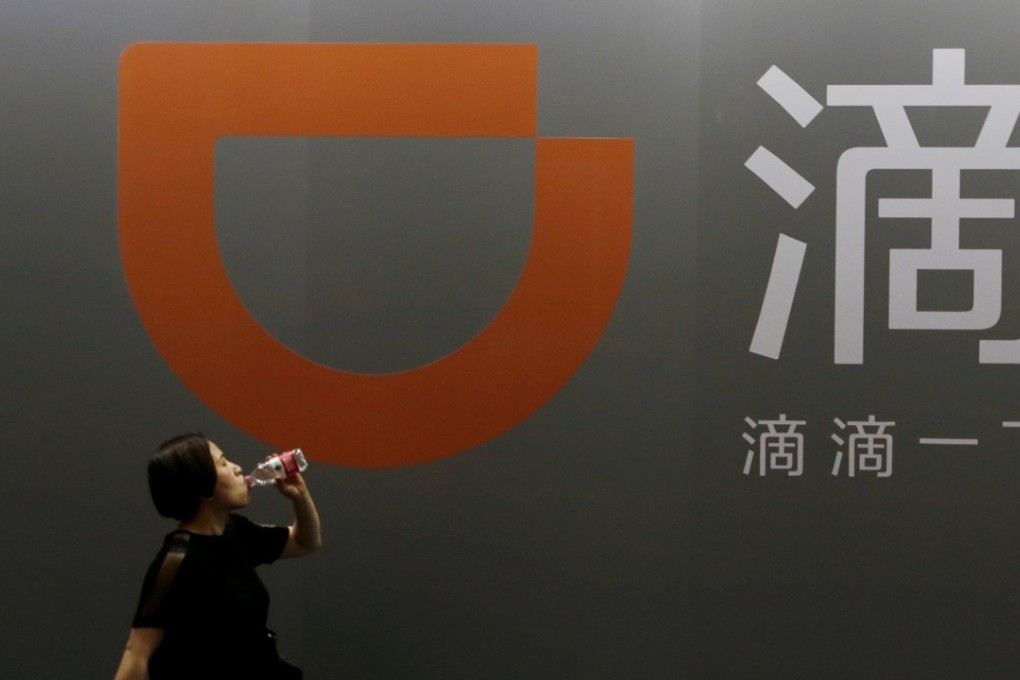Didi Chuxing looks beyond ride-hailing to help Chinese cities tackle transport challenge
Didi Chuxing has unveiled an integrated solution for smart traffic management that harnesses data generated by its ride-hailing platform

Didi Chuxing, China’s dominant ride-hailing provider, is setting its sights on urban transport management.
On Thursday the company launched an integrated solution for smart city traffic management by harnessing data generated by its platform that compiles roughly 25 million rides per day.
Didi is the latest among Chinese tech firms to tap into smart city products and services, a global market worth US$1.6 trillion by 2020, according to estimates from research firm Frost & Sullivan.
The Didi Smart Transportation Brain is designed to help city planners improve traffic efficiency by providing know-how in infrastructure design and traffic flow measurement, such as the installation and management of smart traffic lights.
“China for the first time possesses the most online transport data in the world,” said Cheng Wei, co-founder and chief executive of the Beijing-based Didi Chuxing. “There is a chance for us to lead the world’s next transport revolution in China.”